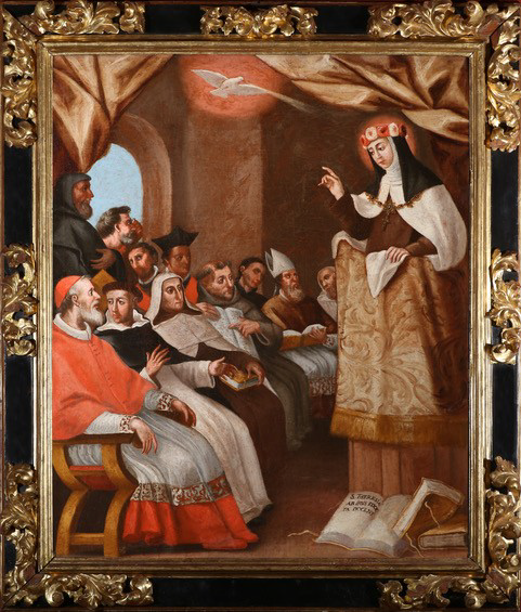Jacqueline Pascal as a Letter Writer: The Art of Pleasing in the Service of Salvation
DOI:
https://doi.org/10.15167/1824-7482/pbfrm2025.1.2570Keywords:
Jacqueline Pascal, Blaise Pascal, Port-Royal, spiritual correspondence, authority, irony, raillery, pathetic rhetoricAbstract
This article explores the spiritual correspondence of Jacqueline Pascal (1625-1661), sister of Blaise Pascal and a nun at Port-Royal. Although limited and fragmentary, this epistolary corpus bears witness to her role as a spiritual and moral guide within her family during the last years of her life. The rhetorical and discursive analysis of the letters to her brother and nieces highlights the characteristics of a discourse that is both engaging and persuasive, combining charm and edification. Her writing employs codified linguistic devices, such as raillery, irony and pathetic rhetoric, which aim to reinforce her audience’s adherence to the religious principles she conveys. Far from being merely a didactic tool, these exchanges establish Jacqueline Pascal as an authorial figure endowed with literary, moral and spiritual authority, worthy of recognition.
References
Constitutions du monastère de Port-Royal du Saint-Sacrement, Gaspard Migeot, Mons 1665.
LE MAISTRE A., La Vie de S. Bernard, premier abbé de Clairvaux et Père de l’Eglise, Antoine Vitré, Paris 1648.
PASCAL B., MESNARD J. (éd.), Œuvres complètes avec tous les documents biographiques et critiques ; les œuvres d’Étienne, de Gilberte et de Jacqueline Pascal et celles de Marguerite Périer ; la correspondance des Pascal et des Périer, 4 vols., Desclée de Brouwer, Paris 1964-1992.
SAINT-JURE J.-B., La vie de M. de Renty, ou le Modèle d’un parfait chrétien, Seguin Aîné, Paris/Avignon 1833.
Published
Issue
Section
License
Copyright (c) 2025 Giada Silenzi

This work is licensed under a Creative Commons Attribution-NonCommercial 4.0 International License.


